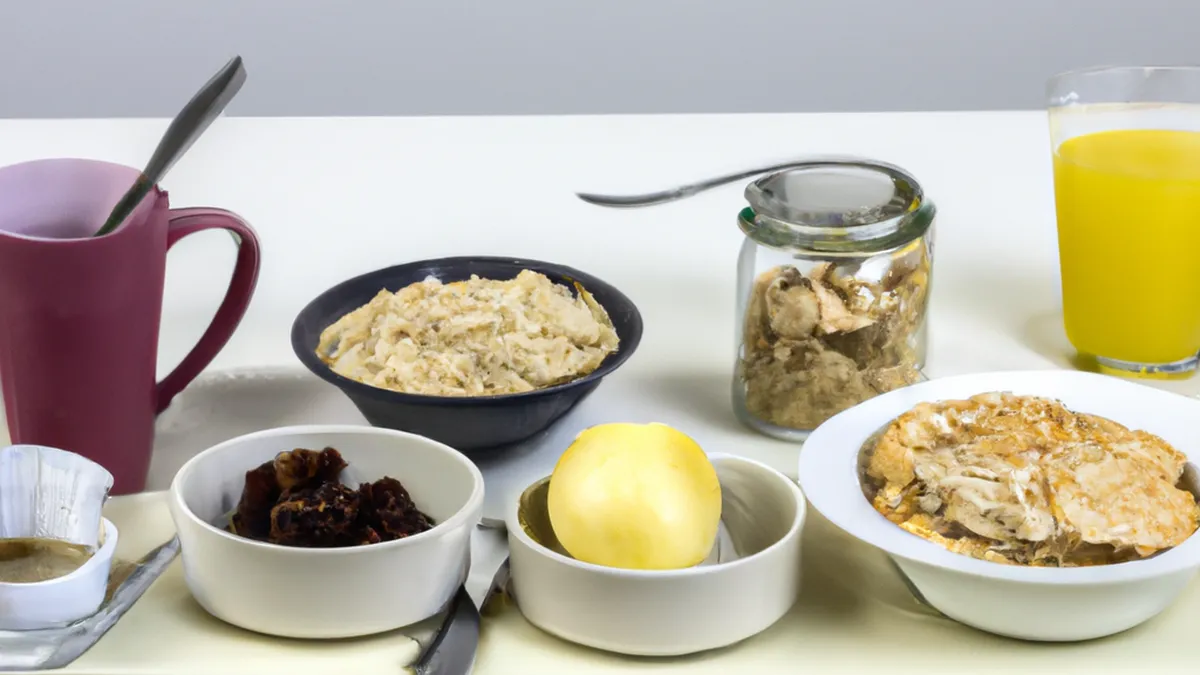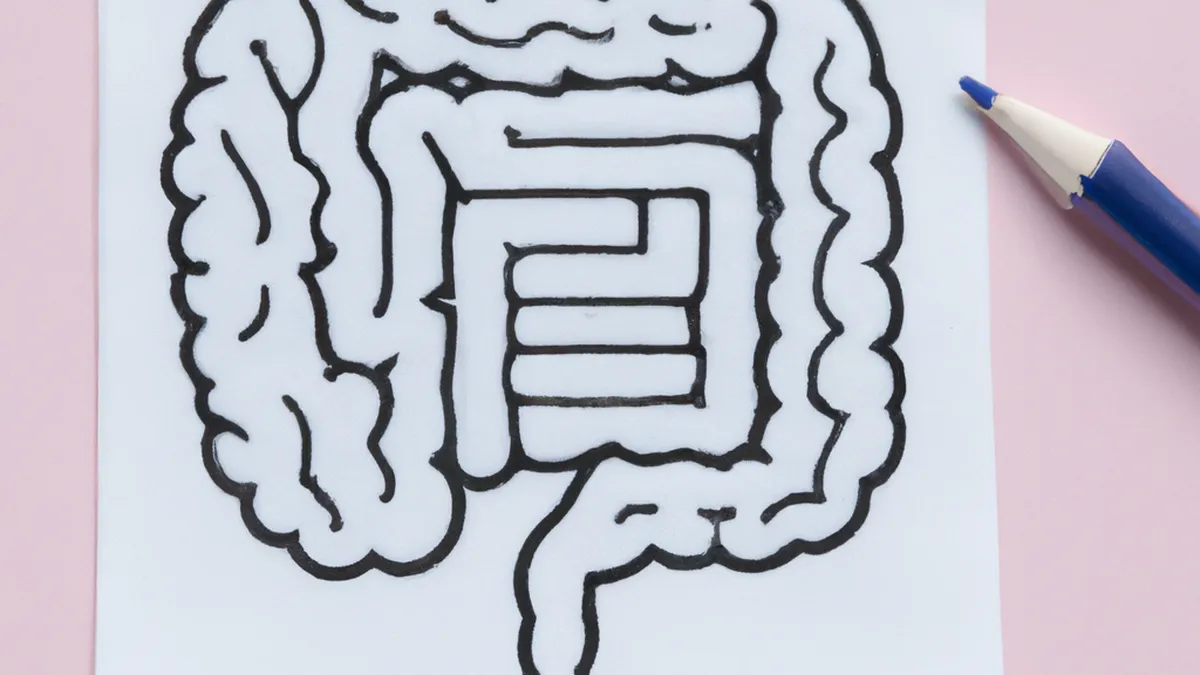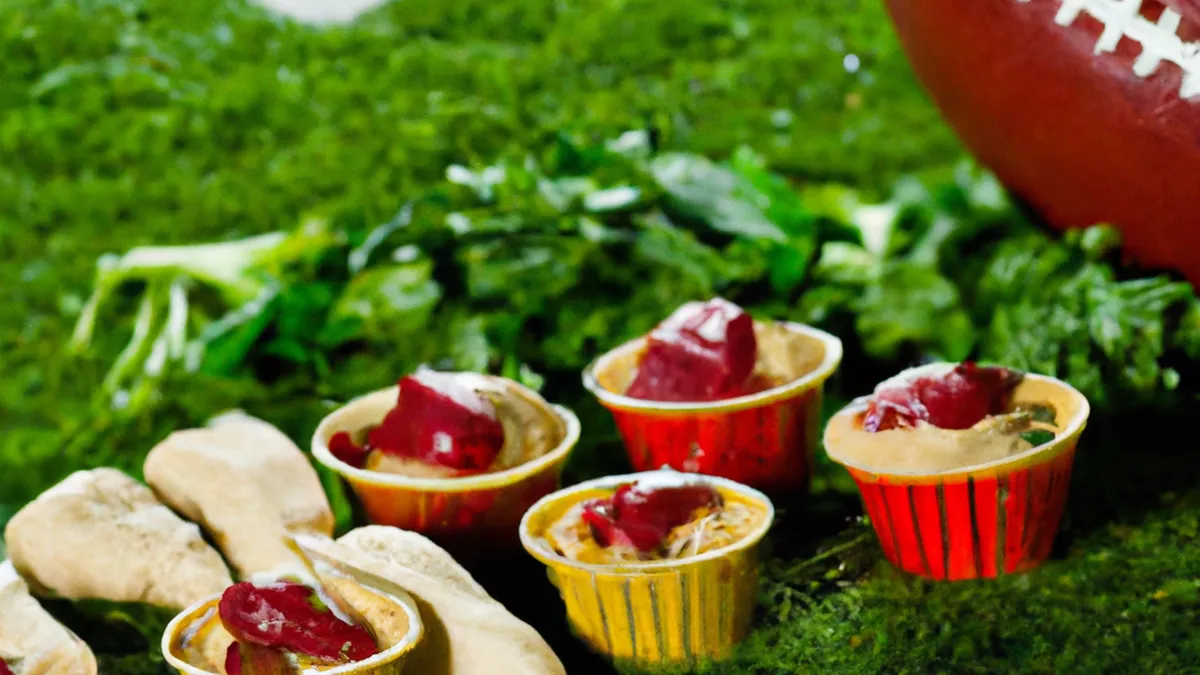Power Up with Digestible Race Day Foods
How to Make a Race Day Breakfast That Is Easy to Digest
Race day excites athletes, whether seasoned or first-time participants. To perform well, you must fuel your body properly. Breakfast plays a crucial role in your race day preparation. A well-planned breakfast provides energy while minimizing digestive discomfort. This guide shows you how to create an easy-to-digest race day breakfast for optimal performance.
Why Breakfast Matters
Breakfast is the most important meal on race day. Your body relies on glycogen stores for energy during a race. This stored carbohydrate comes from the foods you eat, making breakfast vital. A balanced breakfast replenishes glycogen stores and enhances your performance.
Not all foods work well on race day. Some meals can cause heaviness, bloating, or gastrointestinal distress. Choosing the right breakfast is essential for success.
Tips for an Easy-to-Digest Breakfast
1. Choose Simple Carbohydrates
Carbohydrates fuel your body, especially during endurance events. On race day, opt for simple carbohydrates that digest easily. White bread, plain bagels, oatmeal, and rice are excellent choices. These foods provide immediate energy without heaviness.
2. Avoid High-Fiber Foods
Fiber is essential in a balanced diet but can hinder race day performance. High-fiber foods may cause bloating and discomfort. Skip beans, whole grains, and raw vegetables on race day. Instead, choose low-fiber options like bananas, white rice, or pancakes to prevent gastrointestinal issues.
3. Hydrate Wisely
Proper hydration boosts athletic performance. Stay hydrated on race day, but monitor liquid intake. Drink 16-20 ounces of water or an electrolyte drink before the race. Avoid excessive liquid right before starting to prevent discomfort. Staying hydrated maintains energy levels and prevents fatigue.
4. Timing is Key
Timing your breakfast matters. Ideally, eat 2-3 hours before the race. This allows sufficient digestion and helps avoid discomfort.
Conclusion
In summary, a well-planned breakfast fuels your race day performance. Choose simple carbohydrates, avoid high-fiber foods, hydrate wisely, and time your meal appropriately.
Below are related products based on this post:
FAQ
Why is breakfast considered the most important meal on race day?
Breakfast is crucial on race day because it replenishes glycogen stores, which provide the energy needed for optimal performance during the race. A well-balanced breakfast helps to enhance your overall athletic performance.
What types of foods should I avoid for my race day breakfast?
On race day, it’s best to avoid high-fiber foods such as beans, whole grains, and raw vegetables, as these can lead to bloating and gastrointestinal discomfort. Instead, opt for low-fiber options like bananas, white rice, or pancakes for a more comfortable experience.
How long before the race should I eat my breakfast?
It is ideal to eat your breakfast 2-3 hours before the race. This timing allows for sufficient digestion and helps to prevent any discomfort during the event.















Post Comment